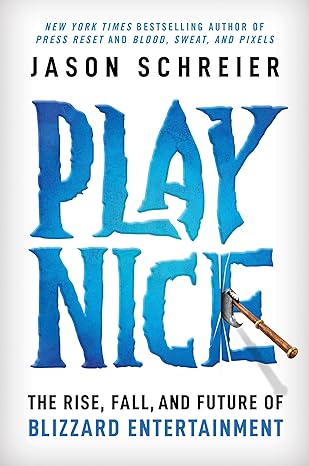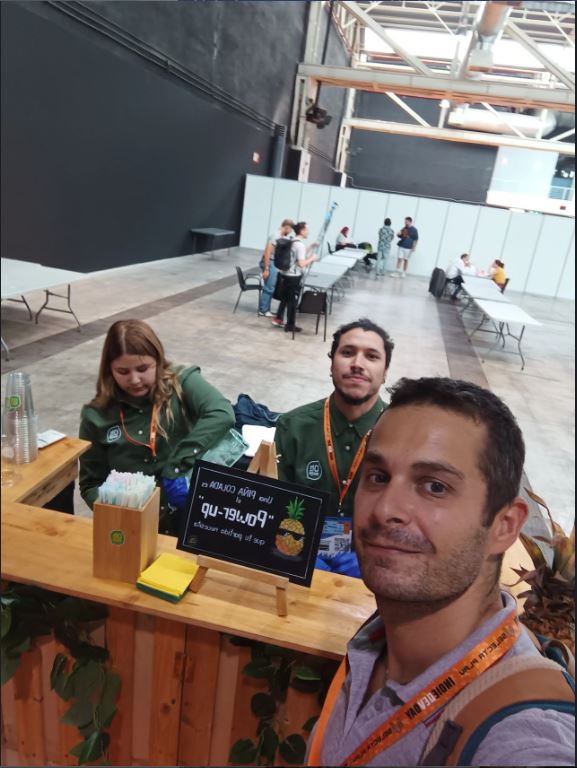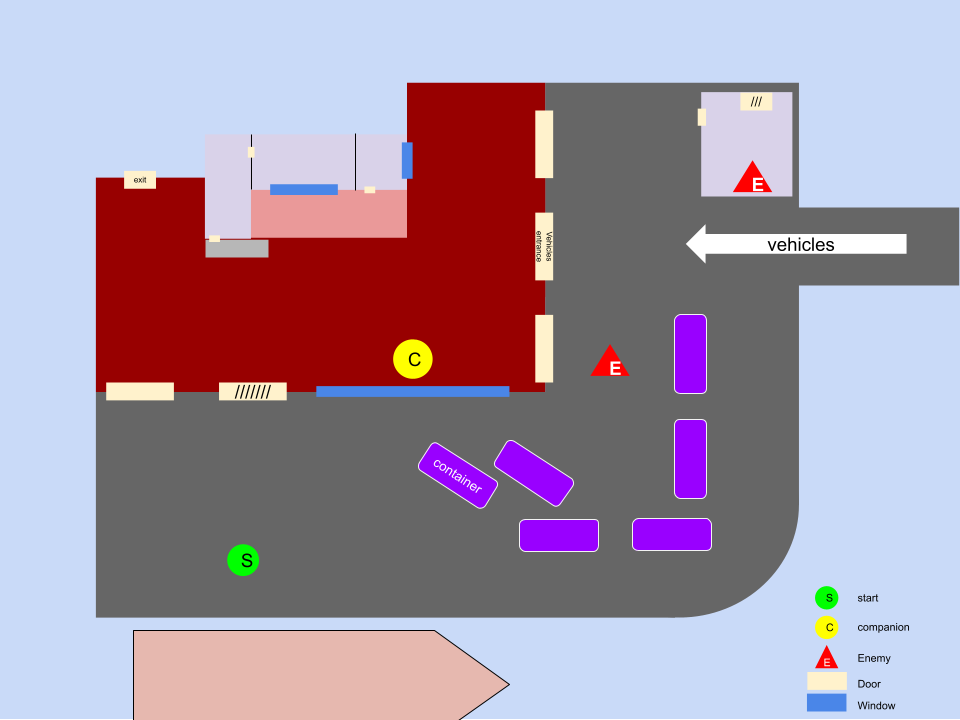Reading the terrible news about a company that is praised in the industry, I think we are approaching one of the worst moments in the industry. I am talking about Roblox, of course.
The feeling I have is the domino effect, which will spread especially in businesses that are supported by attention.
We have all played that game that makes us think “but how can this game be so successful?“
Well, often it is because the numbers are rigged and the players are not real people, but machines. New technologies only make this situation worse. I am afraid that many CEOs are playing the wrong game here. Faking the numbers, looking for the short term, that is the result.
It’s sad, but it’s good for the future of the industry in my opinion. We need some people out.



